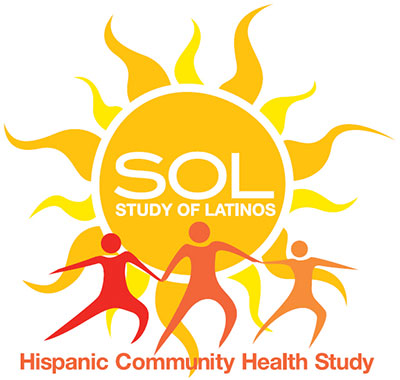NIH continues funding for CSCC’s landmark study of Hispanic, Latino health in the U.S.
March 1, 2019
The UNC Collaborative Studies Coordinating Center (CSCC), based in the UNC Gillings School of Global Public Health’s biostatistics department, has been awarded a seven-year, $23 million grant from the National Institutes of Health (NIH) to continue the Hispanic Community Health Study/Study of Latinos (HCHS/SOL).
The historic study is the largest-ever prospective epidemiological study of this diverse population.
Leading the effort are principal investigator Jianwen Cai, PhD, Cary C. Boshamer Distinguished Professor and vice chair of the Gillings School’s biostatistics department; co-principal investigator Gerardo Heiss, PhD, W.R. Kenan Jr. Distinguished Professor of epidemiology, and co-investigators Daniela Sotres-Alvarez, DrPH, associate professor, and Donglin Zeng, PhD, professor, both in the biostatistics department.
“This contract was renewed thanks to the great work of our team at the CSCC, the Gillings School and faculty across the University over the last 12 years,” Cai said. “It is very exciting that the follow-up of this cohort is continuing. It will provide rich resources to help identify risk factors in the Hispanic/Latino population that are associated with the long process of development of cardiovascular and other disease. ”
As the study’s coordinating center, the CSCC provides all aspects of planning, establishment of subcontracts and data entry systems, various trainings and certifications, and other administrative functions.

The new funding will support a third examination of the HCHS/SOL cohort, with an expanded set of research questions. Investigators aim to recall 80 percent or more of the cohort for a follow-up clinic visit examination that will assess changes in lifestyle factors, identify development of risk factors and health events and assess the influence of protective and adverse factors in this population.
Begun in 2008, the multi-site study measured the health status, risk factors and lifestyle habits of more than 16,000 adults, ages 18-74, living in Chicago, San Diego, Miami and the Bronx. Participants self-identified as being of Central American, Cuban, Dominican, Mexican, Puerto Rican, South American or “other” Hispanic/Latino background.
During the first visit, study participants underwent an extensive baseline exam and answered questionnaires about their health and lifestyle factors. This revealed the sizeable burden of risk factors experienced by the diverse study population, including diabetes, obesity and cardiovascular disease.
At the second visit, researchers reexamined the participants and collected data on chronic diseases that are prevalent in Hispanics and Latinos, including heart disease, diabetes, asthma, chronic obstructive pulmonary disease and gestational diabetes. Participants completed questionnaires on demographic, sociocultural and lifestyle factors and underwent genetic analysis.
Contact the Gillings School of Global Public Health communications team at sphcomm@listserv.unc.edu.


